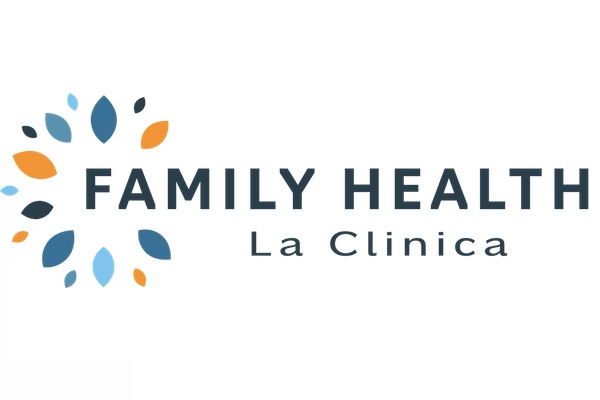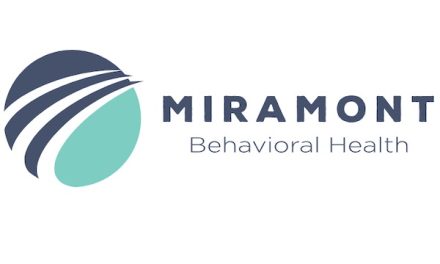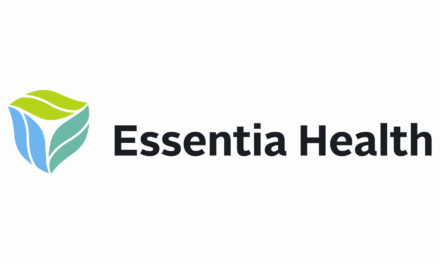
Family Health La Clinica expands

Family Health La Clinica is pursuing its largest capital projects yet.
The community health center has locations in Beaver Dam, Friendship, Mauston, Stevens Point and Wautoma. A mobile unit offers services to migrant and seasonal agricultural worker communities.
The organization is pursuing a roughly 35,000-square-foot clinic in Stevens Point that will include 46 treatment rooms and offer services like dental care, medical care and behavioral healthcare.
Family Health La Clinica broke ground on the facility last month and expects to open it in the first quarter of 2025, CEO Laura Waldvogel said in an interview with Wisconsin Health News.
“This will be quite an expansion,” she said.
She attributed the growth to a “need for improved access to those who are the most vulnerable.”
Around $7 million in federal COVID-19 relief dollars allocated by Gov. Tony Evers’ administration is supporting the project.
The Stevens Point building will be the largest clinic run by the provider when it opens. Family Health La Clinica will then turn toward creating a 40,000-square-foot clinic in Beaver Dam.
“Community health centers are essential providers,” Waldvogel said.
She noted more and more people are facing barriers to receiving the care they need.
Waldvogel spoke to the projects and some of the challenges centers like hers are facing.
Edited excerpts from the interview are below.
WHN: What has propelled your growth?
LW: All of the growth is in direct relationship to need. Community health centers are not there to duplicate. Community health centers are there to fill gaps. We’re there to collaborate to improve the health and well-being of every person in the communities that we’re serving.
In Wisconsin, many community health centers have large dental programs, for example. We have a very large dental program. Currently, about 70 percent of our patient volume is dental. Why? Because people who don’t have insurance or who use Medicaid for their insurance find it very difficult to access dental care. So community health centers, by design, are there to attend to those needs.
WHN: Given workforce challenges, how do you plan to staff these facilities once they open?
LW: We’re working with the Wisconsin Primary Health Care Association on workforce initiatives. We really took a look at salaries, compensation, benefits, things of that nature to attract employees. We use things like National Health Service Corps. loan forgiveness for providers like dentists, doctors, nurse practitioners, therapists, mental health therapists. We can use that as a recruiting tool.
But we’re in the same boat as everyone else when it comes right down to it. It’s a significant stressor. So we’re collaborating — working with educational institutions and working with aggressive recruitment teams — and trying to grow the workforce in innovative ways. We have a scholarship program. We have education programs and things like that for our own workforce.
But there’s no magic wand here. We don’t have the end-all-be-all solution for the workforce challenges that we’re all experiencing.
WHN: What other challenges are community health centers facing?
LW: Community health centers throughout the nation are facing unprecedented financial challenges — even bankruptcies and things of that nature — post-pandemic. We’re all experiencing some of that.
When you work to grow and expand and you are truly a nonprofit, not a nonprofit in name only, you are investing and you are taking a risk. Those kinds of challenges, for many of us that are expanding, are there. Certainly that is all assessed before you venture. You don’t want to jeopardize the services you have to expand.
In Wisconsin, our health centers are experiencing those post-pandemic workforce issues and some financial strain. It’s not anything like what our colleagues in other states are experiencing. But there are always challenges.
Plus, we’re small health systems. I always say that we’re pretty scrappy when it comes right down to it. You don’t have the layers of staff and resources that maybe larger health systems have. That makes you closer to the action, if you will, closer to the needs of your communities, easier to pivot and respond. It makes us much more community based.
WHN: What are some of the challenges with serving migrant workers?
LW: One of the challenges is meeting them where they’re at. That means traveling the state to food processing plants, farms, et cetera, and working around their hours. We have a mobile unit and mobile teams that do that … It’s very difficult for a lot of reasons for workers to get to stationary clinics. So that’s one challenge. They’re here. They want to work. They’re working long hours. We have to work around their hours. We often start the shifts well into the afternoon and go to 10 or 12 at night. One time, our team started their shift at 1 a.m. to meet the needs of the workers.
Another challenge is that other states have thousands of workers often in one location or a general location. It’s much easier to send teams to that location and reach a number of workers. In Wisconsin, the largest locations — because we have such a short growing season — have a couple hundred workers.
We are the only migrant health center here. That doesn’t mean other healthcare entities or other health centers aren’t serving migrant seasonal agricultural workers, but they’re not going out the way that we do and working around the needs of workers.
Just deploying teams in a cost-effective way to attend to those primary care needs can be a challenge when you have small population centers, which is also a challenge in general rural America.
Percentage-wise, it has been a smaller percentage of the total population that we are serving. But it’s an incredibly important part of our mission and focus.
This article first appeared in the Wisconsin Health News daily email newsletter. Sign up for your free trial here.





